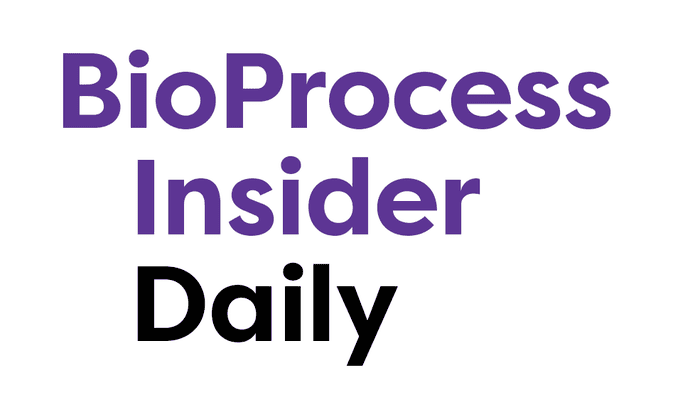
Our BioProcess Insider editorial team is at Biotech Week Boston 2024 to bring you some of the most pertinent coverage from across the conference hall and exhibition floor.
Follow our coverage throughout the event!
How and why AstraZeneca’s oncology eyes turned to cell therapiesHow and why AstraZeneca’s oncology eyes turned to cell therapies
Cell therapies will play an increasingly important position in AstraZeneca’s broad oncology pipeline, an SVP told delegates at Biotech Week Boston (BWB) last month.
“In 200 years’ time, we're going to look back in horror at how we're treating patients with cancer today,” Mark Cobbold, senior vice president of Discovery and head of Oncology Cell Therapy at AstraZeneca, said at the event in Boston, Massachusetts.
“We're cutting them, we're poisoning them with chemotherapy, we're burning them with radiotherapy. And these treatments don't have good outcomes for many types of cancer, and they have huge costs to patient quality of life.”
Speaking in a fireside chat with BioProcess Insider (full video below), Cobbold confirmed AstraZeneca is casting the net wide to advance cancer treatment, with a range of modalities both in development and commercialized, including small molecules, biologics, antibody drug conjugates (ADCs), and radiotherapies. Over the past five years, AstraZeneca has pursued a new focus with cell therapies being added to its oncology toolbelt.
“We had a change of leadership in 2019 when José Baselga came and took up the helm of oncology., José was a visionary, and he'd seen the benefits of cell therapy when he worked at [the Memorial] Sloan Kettering [Cancer Center as physician-in-chief].”
Sadly, Baselga passed away in 2021, but his legacy of moving AstraZeneca into a multi-modality leader in oncology continues with cell therapy front and center.
“What he wanted to do was actually change what we were building. We were largely a small molecule-focused company back then. He wanted to build cell therapy, epigenetic therapies, and so on. We went through a big shock – I got hired! Goodness, they hired an immunologist as a discovery head in oncology.”
However, shifting the paradigm back then “was tough,” Cobbold said. “I don't think we had the internal belief in cell therapy. I had to go to the boards many times to get the funding to create the unit. People were very cautious.”
While he admitted AstraZeneca was late to move into the cell and gene therapy (CGT) space compared to large pharma peers such as Novartis, Roche, Johnson & Johnson, and Bristol Myers Squibb, the firm is “quite optimally placed” in its set up going forward.
“There's been a lot of heavy work that has gone on by other team members to make and create the reality of cell therapy, both in industry, but also on the academic and the hospital side. That infrastructure needed to be built to allow those medicines to be deployed. So in some ways, we're coming in, potentially, at an optimal time where we can access that.”
Furthermore, he pointed to advancements in clinical training over the past 20 years and the increased knowledge among clinicians of managing people who require cell therapy infusions as a further example of cell therapy’s coming of age in oncology management. “Now, most trainee oncologists seem to want to do things like CAR-T therapies – they want exposure to it. So I think we're creating the types of clinical leaders out there that are going to want these types of medicines and are able to deliver them.”
AstraZeneca has invested heavily in building internal capabilities but also strategically acquired and partnered with others, building out its global cell therapy footprint. The firm acquired T-cell receptor therapy firm Neogene Therapeutics in 2022 for $200 million, and earlier this year bought autologous CAR-T developer Gracell Biotechnologies in a deal worth up to $1.2 billion. Meanwhile, a long-term partnership with French developer Cellectis brings AstraZeneca access to gene editing and manufacturing technologies, as well as a joint pipeline of allogeneic – or off-the-shelf – cell therapies.
“I found it a lot of fun bringing in teams with different ways of thinking. The Neogene team came in, and very few have left […] I think they've really enjoyed embracing AstraZeneca. It's not been a system where we’ve acquired a company and then crushed it with our own values. It's very much one of wanting to share and understand how other teams work.
“And Gracell has been very much the same, perhaps more so. Gracell are a fantastic team, and really incredibly hard working and able to get products in the clinic extremely rapidly. We’ve learned a lot from that process.”
About the Author
You May Also Like
schedl_b_and_w.jpg?width=100&auto=webp&quality=80&disable=upscale)
schedl_b_and_w.jpg?width=400&auto=webp&quality=80&disable=upscale)






